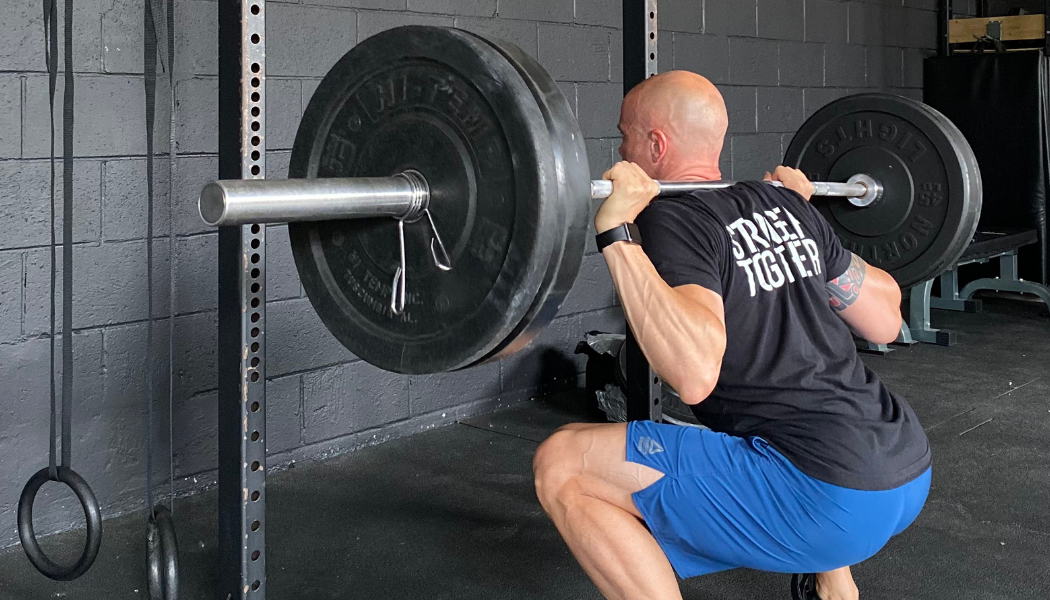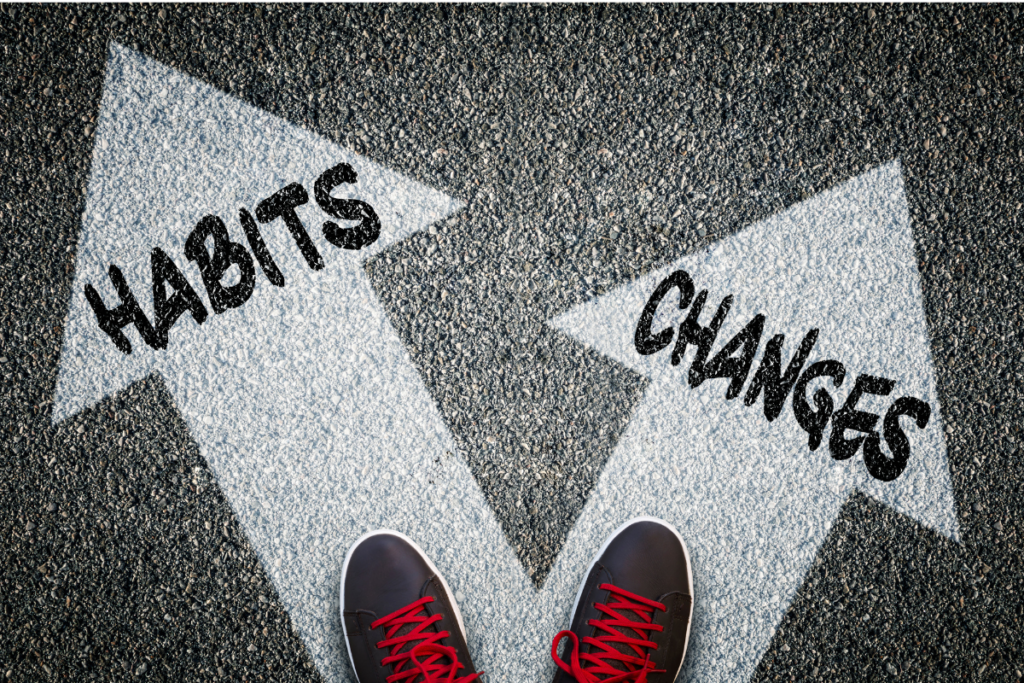Late Night Snacking

I Was Doing So Well Until…
We’ve all been there. It is so easy to stay disciplined and stick to good nutrition habits during the day and on weekdays. But once we get to the late PM hours or the weekends, all hell breaks loose.
Cookies, chocolate, pretzels; one bite is never enough, and we often end up eating more than we should.
So how can we curb those cravings and stay more consistent with our nutrition regardless of the time of day or day of the week?
Is it simply a matter of sheer willpower, or is there more to it?
YOU MAY NOT BE EATING ENOUGH!
When it comes to developing good habits around nutrition, it can be helpful to identify whether you are an abstainer or a moderator. Are you someone that can have one piece of chocolate and save the rest of the bar for later, or do you have to finish the entire thing once you’ve taken the first bite?
If you do better by eliminating certain foods, you might be an abstainer, and for you, restricting access to problematic foods might be the best strategy to combat cravings.
However, it is not realistic for some people to completely restrict their access to hyper-palatable, processed foods. This is why many people succumb to intense cravings and overindulge on calorie-dense foods, usually at the end of the day or the end of the week.
One reason those cravings may seem so insurmountable?
You may not be eating enough.
When people often claim to “eat clean,” that usually means they are not eating enough.
Smoothie for breakfast, light salad for lunch, and some meat and veggies for dinner—clean eating ammaright? The only problem is that you might only have 1,200-1,800 calories in that example. If you are a moderately active adult who works out, that is nowhere near enough food.
So what happens is your body craves more calories. If you stay in a steep deficit for long enough, those cravings will get stronger until you eventually cave in and blackout with a family-sized bag of tortilla chips in front of the TV come Friday night.
Food quality matters, so we aren’t saying you should have junk during the day so that you are less likely to crave junk food at night. We are saying that if you are having trouble with intense cravings at night and on weekends, you may want to eat more during the day and during the week to ensure you are fueling your body appropriately.
ONE THING TO TRY THIS WEEK
Eat More Food.
Prioritize having a bigger breakfast, lunch, and early afternoon snack this week made up of high-quality, whole foods. Prioritize foods high in protein or fiber and keep your meals balanced by including a carb, protein, and fat source at every sitting.
Your body is an incredibly in-tune machine that usually craves sweets and other calorie-dense foods when there is a need for additional calories. If you are fueling your body appropriately throughout the day and eating plenty of satiating whole foods, intense cravings should be few and far between.
You’ll be surprised how much easier it is to have just one slice of pizza on the weekend if you spend the entire week giving your body the nutrients and energy needed to thrive.
Consistency is key here to improve your body composition and how you feel. Eating super clean early in the day and on weekdays only to go crazy at night and on weekends is a perfect recipe for frustration, weight gain, and other downstream adverse health outcomes.
The post Late Night Snacking appeared first on CollectiveFit.
More Posts





